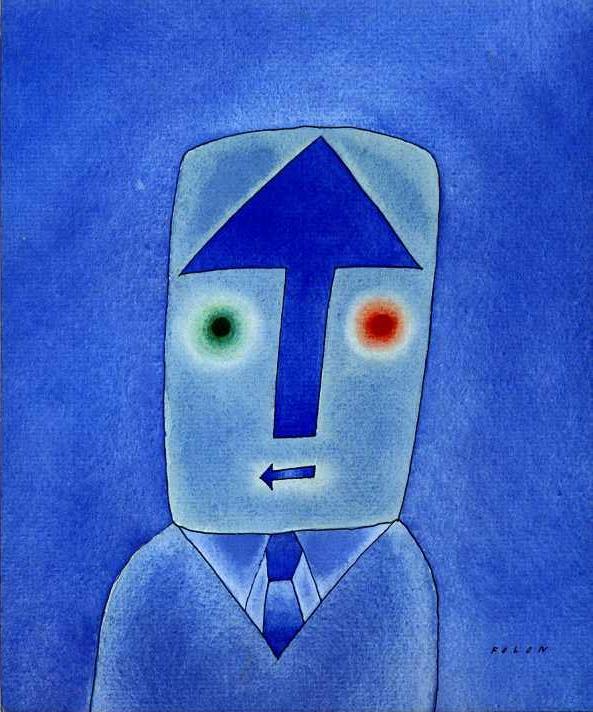Mission
We are interested in the development of computational models of human intelligence and in using the results of this research for the construction of architectures and systems which show a human-like behavior. The scientific aspects of this research are motivated by our belief that computational models of intelligence, if well informed by the results in neuroscience, the social sciences and the other relevant disciplines, are the best way to actually understand how the brain works. The engineering aspects are motivated by our belief that the future artificial intelligence systems should all show human-like intelligence. To us machine human-like intelligence is a necessary condition for the construction of systems which understand the world in the way humans do, and that can exploit this fact to help humans towards a better quality of life and society. We are not interested in machines which substitute humans but, rather in machines, which empower humans in their personal and social activities.
The main focus of this research is to build systems which live in an open world, which adapt to the unpredicted diversity which appears almost every second in our everyday lifes, and which evolve thanks to what they learn while adapting. The further requirement is that the evolution should be compliant to the human needs, understandable by humans and explainable to them, and such that machines are in any moment capable of understanding the feedback from humans, while not necessarily always accepting it. This is what we mean when we support the vision of a human interaction with the human-in-the-loop.
Research Directions
- Foundations: This research has always been speculative and long term. Over the years, this activity has consisted of presentations, documents, initiatives, whose goal has been that of identifying and progressively focalizing relevant research topics, both scientific and engineering which would inform research of the group.
- Artificial Human Vision: This research focuses on how to build machines which perceive in the same way as humans. The main focus in on it is possible to integrate perception and reasoning in a seamless way. The key idea is that machines semantics, i.e., the organization of what is being perceived is semantic hierarchies, organized according to more general/ more specific relation.
Main Publications
- Giunchiglia, F., Erculiani, L. & Passerini, A. "Towards Visual Semantics". Springer Nature Computer Science (SN COMPUT. SCI.) 2, 446 (2021). https://doi.org/10.1007/s42979-021-00839-7.
- Erculiani, Luca; Giunchiglia, Fausto; Passerini, Andrea "Continual egocentric object recognition" Proceeding of the 24th European Conference on Artificial Intelligence (ECAI), June 2020.
- Giunchiglia, F. and Fumagalli, M. "Teleologies: Objects, actions and functions." International conference on conceptual modeling (ER). Springer, Cham, 2017.
- Maria Gini, Noa Agmon, Fausto Giunchiglia, Sven Koenig, Kevin Leyton'Brown. "Artificial Intelligence in 2027". IJCAI, AI Matters, vol. 4, 2017.
- Fausto Giunchiglia. "Computational Humanism". On Line presentation at DISI, 2017. Trento, Italy.
- Fausto Giunchiglia and Mattia Fumagalli. "Concepts as (Recognition) Abilities". In Formal Ontology in Information System: Proceedings of the 9th International Conference (FOIS 2016), vol. 283, p. 153. IOS Press,2016.
- Fausto Giunchiglia."The future of AI". Invited talk: KR 2008 Sidney, Sept 2008; Symposium for Alan Bundy, Edinburgh July 2008. Online presentation. Sept 2008; Symposium for Alan Bundy, Edinburgh July 2008.
- Fausto Giunchiglia. "Managing diversity in Knowledge". Invited talk, ECAI 2006, Riva del Garda, Trento, Italy.
Members
Topics
- Knowledge Representation and Reasoning
- Machine Learning
- Cognitive Modeling
- Neuromorphic computation
- Philosophy of Language
- Social Sciences
- Physics
Related Projects

